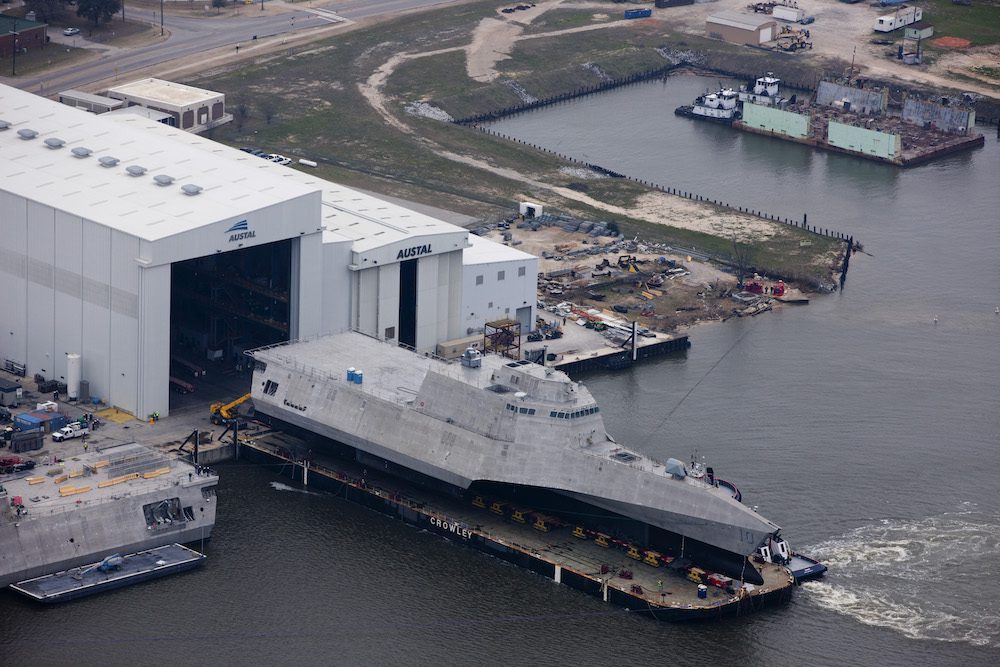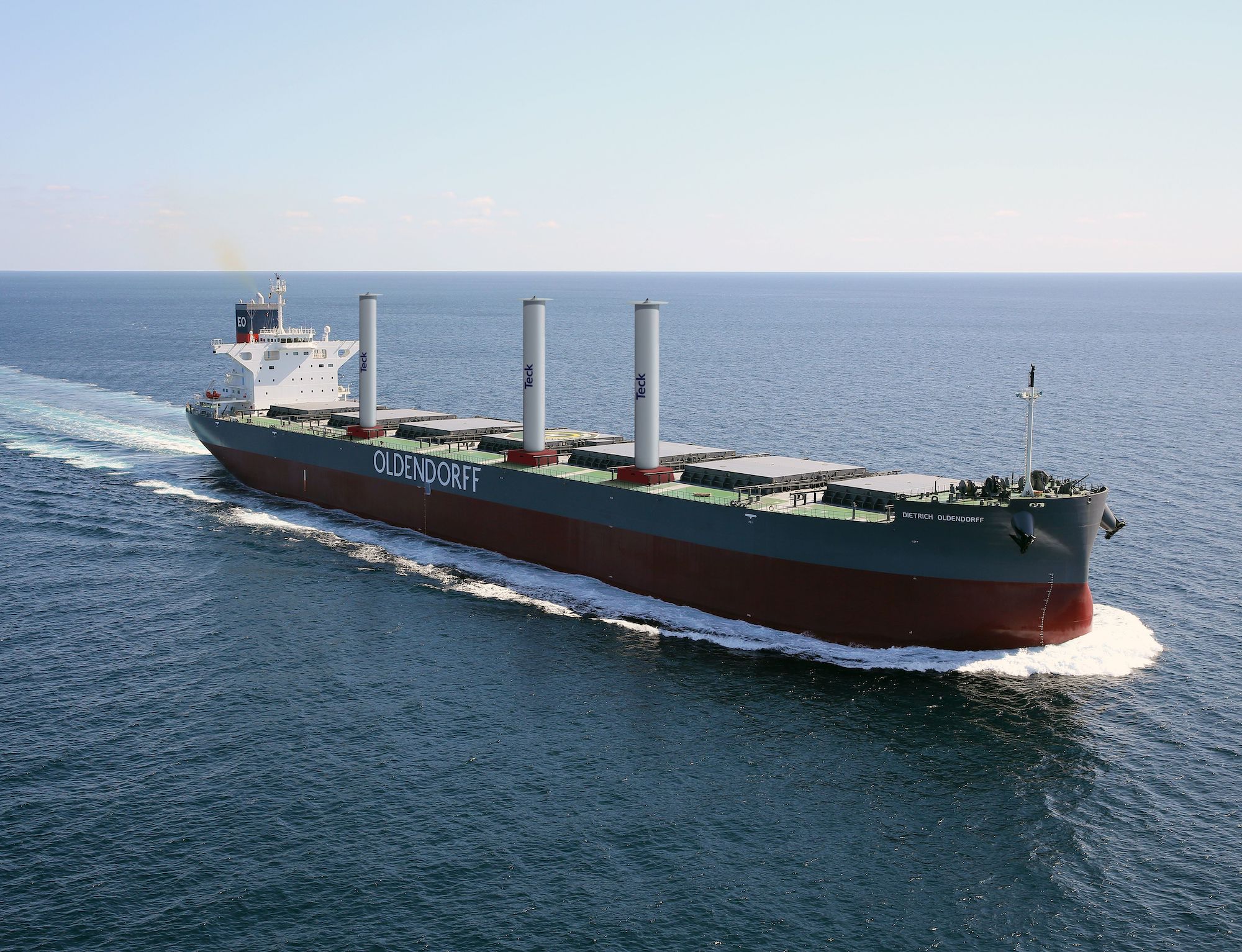In last week’s Maritime Monday I included the following post:
Master of Towing Vessels Association Forum has “Coast Guard Needs To Get Their Hearing Checked…..“
The traditional, formal Merchant Marine Officer’s License as we have always known it, the actual paper certificate, is now on the fast track into the the waste bin of history as the Coast Guard, like a bull in a china shop, blunders into the implementation of their Merchant Mariner Credential final rule, which was published yesterday in the Federal Register.
When you go read the whole post you can see the anger unleashed and as a fellow former mariner I too felt that tossing issuance of the traditional US Coast Guard license into the dustbin of history would be a tragic mistake, especially given all the hard work and years of effort seafarers give to obtain that license. So right after adding the post to the Maritime Monday draft, I sent an email to my Coast Guard contact that Sunday asking them to clarify the situation concerning future issuance of full-size style licenses (I did not ask for a reply to the post listed above) and very quickly received a reply that they would look into the issue and send me a statement concerning the future of traditional style full-size licenses. I received the following on the 17th. (Apologies for the delay in posting due to my traveling home from Europe)
Jeffrey Lantz
Coast Guard Director of Commercial Regulations and Standards
Merchant Mariner Credentials and Licenses
Yesterday, 16 March 2009, the Coast Guard promulgated the Final Rule titled Consolidation of Merchant Mariner Qualification Credentials, commonly referred to the MMC Rule. Through this rulemaking multiple merchant mariner qualification documents will be consolidated into one credential, which is significantly different than the current version. Instead of one or several large certificates that resemble a diploma, the MMC resembles a passport. The Coast Guard did this for many reasons, including ease for mariners to maintain and provide proof of all qualifications and to meet international standards.
However the old licenses are quite impressive and suitable for framing and some mariners are suggesting the Coast Guard continue to also issue them for sentimental, historical and traditional reasons.
The Coast Guard considered whether or not to continue issuing the current certificates; not for proof of qualifications but for sentimental and traditional reasons. The Coast Guard asked the Merchant Personnel Advisory Committee (MERPAC) to consider the alternatives for MMC format. MERPAC recommended that the MMC be a booklet similar in size and design to a U.S. passport. MERPAC also recognized that the current form of license has traditional and sentimental value to many mariners, and recommended that a “suitable for framing copy of the license” remain an option that a mariner can choose to obtain for a nominal fee.
There are numerous factors to consider in deciding whether or not to also provide a “suitable for framing copy of the license.” These include the availability of Coast Guard resources, including personnel, paper stock, hardware, software and equipment, and the process for determining and collecting fees. And as a rulemaking process matter, since this traditional document would not be considered a required or a valid credential, we would need to address other administrative and legal issues that go beyond the Merchant Mariner Qualification Credentials final rule.
However, we know this is an important issue to many mariners. Traditional Coast Guard licenses also proudly adorn the walls of the Coast Guardsmen who have earned them nationwide. The Coast Guard continues to look at this issue from all angles and today’s MMC Rule does not preclude a “suitable for framing copy of the license” at a later date provided all administrative and legal issues are addressed. What the rule does do is provide for a single easily issued, maintained and updated credential aligned with international standards to certify the qualifications of the holder.
I appreciate the opportunity to provide this information to your readers and your continued sharing of information relavent to the professional mariner and Coast Guard operations.
Jeffrey Lantz
Coast Guard Director of Commercial Regulations and Standards
This is an official U.S Coast Guard posting for the public’s information. Our posting does not endorse this site or anything on it, including links to other sites, and we disclaim responsibility and liability for its contents.
I thank the Coast Guard for this clarification.
It is clear that the Traditional License is indeed changing as far as it’s use onboard vessels as evidence of the crew’s right to hold the positions they signed on as. Provided they work out the possibility to obtain an optional full-size license as mentioned above, I don’t see this being a problem in the long run. I even think the new consolidated credential is a great solution, provided inspectors don’t start demanding to see the training certificates used to obtain the endorsements in the book, forcing you to continue to carry a book full of documents. I think the Coast Guard will in the end find a way to continue issuing full-size licenses, that is provided that the Coast Guard takes the position that this is something that they want to do.
Tags:
Unlock Exclusive Insights Today!
Join the gCaptain Club for curated content, insider opinions, and vibrant community discussions.

 Join The Club
Join The Club












